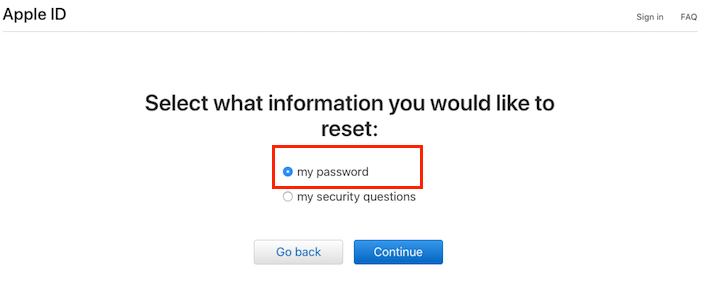

The Digital Services Act will essentially oblige Big Tech to act as a privatized censor on behalf of governments - censors who will enjoy wide discretion under vague and subjective standards."

Austria and Finland criminalize blasphemy, and in Victor Orban's Hungary, certain forms of 'LGBT propaganda' is banned. "In France, protesters have been fined for depicting President Macron as Hitler, and illegal hate speech may encompass offensive humor. "'Illegal content' is defined very differently across Europe," cautioned Jacob Mchangama, head of Justitia, a Danish think tank. Still, added Christoph Schmon, EFF's International Policy Director, "we can expect a highly politicized co-regulatory model of enforcement with an unclear role of government agencies, which could create real problems." Wide-Ranging, Incoherent Censorship The EFF was relatively kind in assessing the law, largely because earlier proposals were even more intrusive. Much will depend on how social media platforms interpret their obligations under the DSA, and how European Union authorities enforce the regulation." "The DSA obliges platforms to assess and mitigate systemic risks, but there is a lot of ambiguity about how this will turn out in practice. The DSA "gives way too much power to government agencies to flag and remove potentially illegal content and to uncover data about anonymous speakers," the Electronic Frontier Foundation (EFF) warned last summer as the legislation took final form. A Highly Politicized Model of Enforcement In January, during separate interviews at the World Economic Forum, European Commission Vice President Věra Jourová criticized Musk's "freedom of speech absolutism" in resisting the Digital Services Act and confidently predicted the United States will soon adopt laws against "illegal hate speech." Beyond dubious predictions about legal changes that would run afoul of the First Amendment, there's a clear expectation in Brussels that online platforms will be conscripted into enforcing the E.U.'s content rules. Needless to say, this isn't an encouraging sign for the trustworthiness of the E.U.'s own efforts against whatever it defines as "disinformation."īreton isn't alone in forecasting a global extension of the E.U.'s preference for speech confined within strictly defined boundaries. "But advertisers should take note of its obvious bias, total lack of transparency in detailing media outlets' scores, and other methodological issues." "If a self-described disinformation-tracking organization wants to loudly proclaim, in partisan fashion, that advertisers should only use mainstream and liberal news sites, it has that right," Reason's Robby Soave noted at the time. Inclusion on the list seems to reflect the Index staff's ideological disagreement with the outlets. Among them is the partially State Department-funded Global Disinformation Index which, earlier this year, listed Reason as a high disinformation risk, along with the New York Post, Real Clear Politics, The Daily Wire, The Blaze, One America News Network, The Federalist, Newsmax, The American Spectator, and The American Conservative.
#Check itunes password reset code
With Twitter out, signatories to the Strengthened Code of Practice on Disinformation include a range of tech companies, associations, and organizations. Our teams will be ready for enforcement." Beyond voluntary commitments, fighting disinformation will be legal obligation under #DSA as of August 25. "Twitter leaves EU voluntary Code of Practice against disinformation," Breton tweeted two weeks ago.

#Check itunes password reset free
Breton himself has been especially pointed in his dealings with Elon Musk, the Twitter head who, while not always consistent, is the most vocal free speech advocate among social media executives. That comment probably sounds creepy in any of the E.U.'s many languages, but the supranational body's officials are increasingly overt about their intention to apply speech restrictions beyond their jurisdiction. "I represent the law, which is the will of the state and the people." "I am the enforcer," European Internal Market Commissioner Thierry Breton told Politico ahead of his planned journey to visit American tech companies to "stress test" them for compliance with the Digital Services Act (DSA), which goes into effect this summer.


 0 kommentar(er)
0 kommentar(er)
